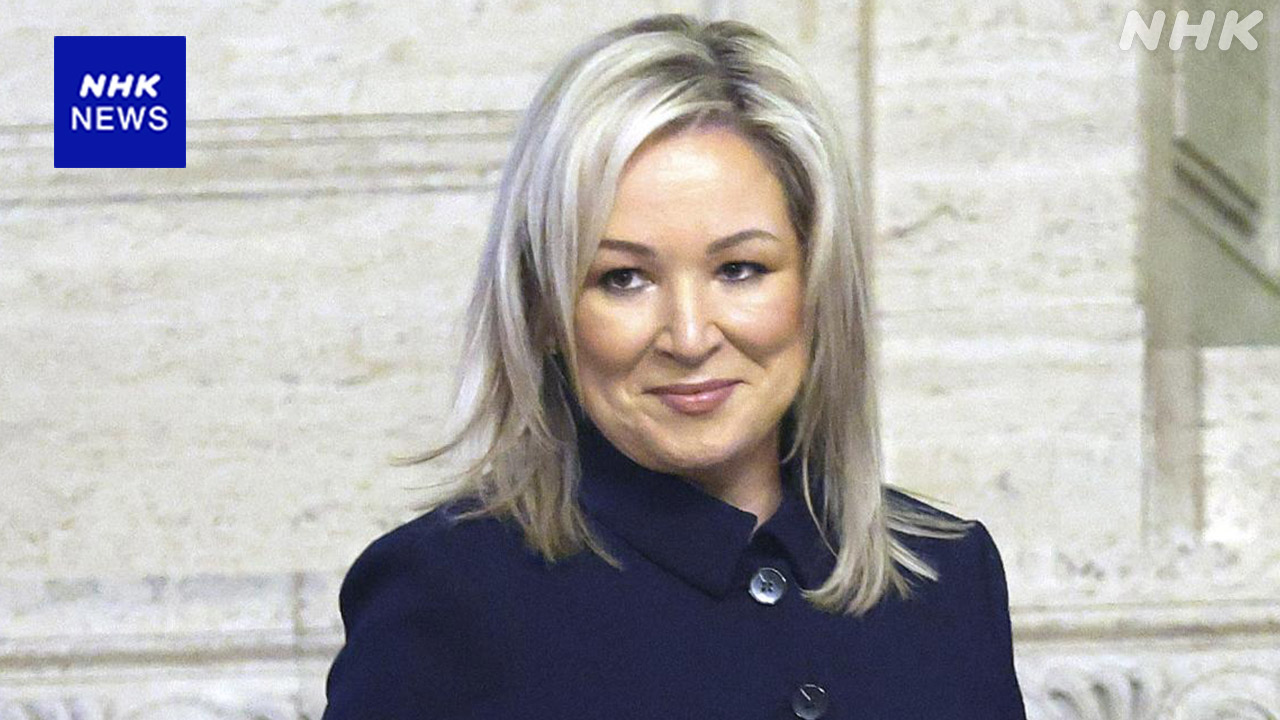A self-governing government has been established in Northern Ireland for the first time in two years, and Prime Minister O'Neill, who was the first to take office from a Catholic party that advocated unification with Ireland, has emphasized his willingness to cooperate with Protestant parties and other parties that have historically been at odds. Did.
In Northern Ireland, after more than 30 years of bitter conflict between Catholics who want separation from the United Kingdom and Protestants who oppose it, political parties representing both sides jointly formed an autonomous government under a 1998 peace agreement. I've been managing it.
Among them, the Democratic Unionist Party (DUP), the largest Protestant group, had opposed the UK's withdrawal from the European Union (EU) in 2020, claiming that freedom of distribution between Northern Ireland and mainland Britain had been lost. Following the Sunak administration's legal reforms, the country returned to coalition talks, and on the 3rd, an autonomous government was established for the first time in two years.
O'Neill, deputy leader of the Catholic Sinn Féin party, which is the largest party in parliament, was appointed Prime Minister, making him the first Prime Minister from a party that advocates unification with Ireland.
Prime Minister O'Neill said, ``I believe that we can build a future together, regardless of our differences in origins or ideals,'' emphasizing the country's commitment to working together to overcome a history of conflict.
Sinn Féin's predecessor is the political wing of the extremist group IRA (Irish Republican Army), which has repeatedly engaged in armed struggles in the past, and refuses to be loyal to the British monarchy, so it does not attend Parliament in London and will not attend any future meetings. The management of the autonomous government, including its relationship with the Sunak government, is attracting attention.

